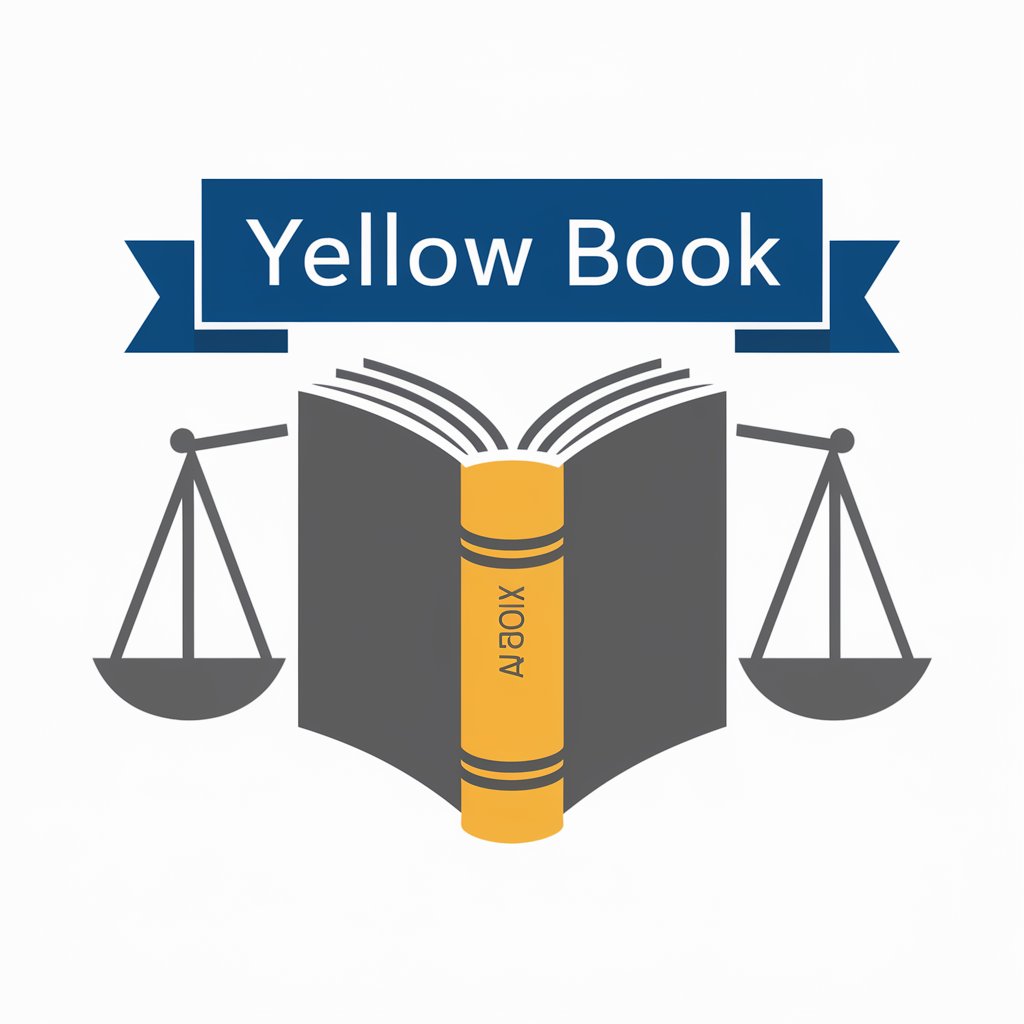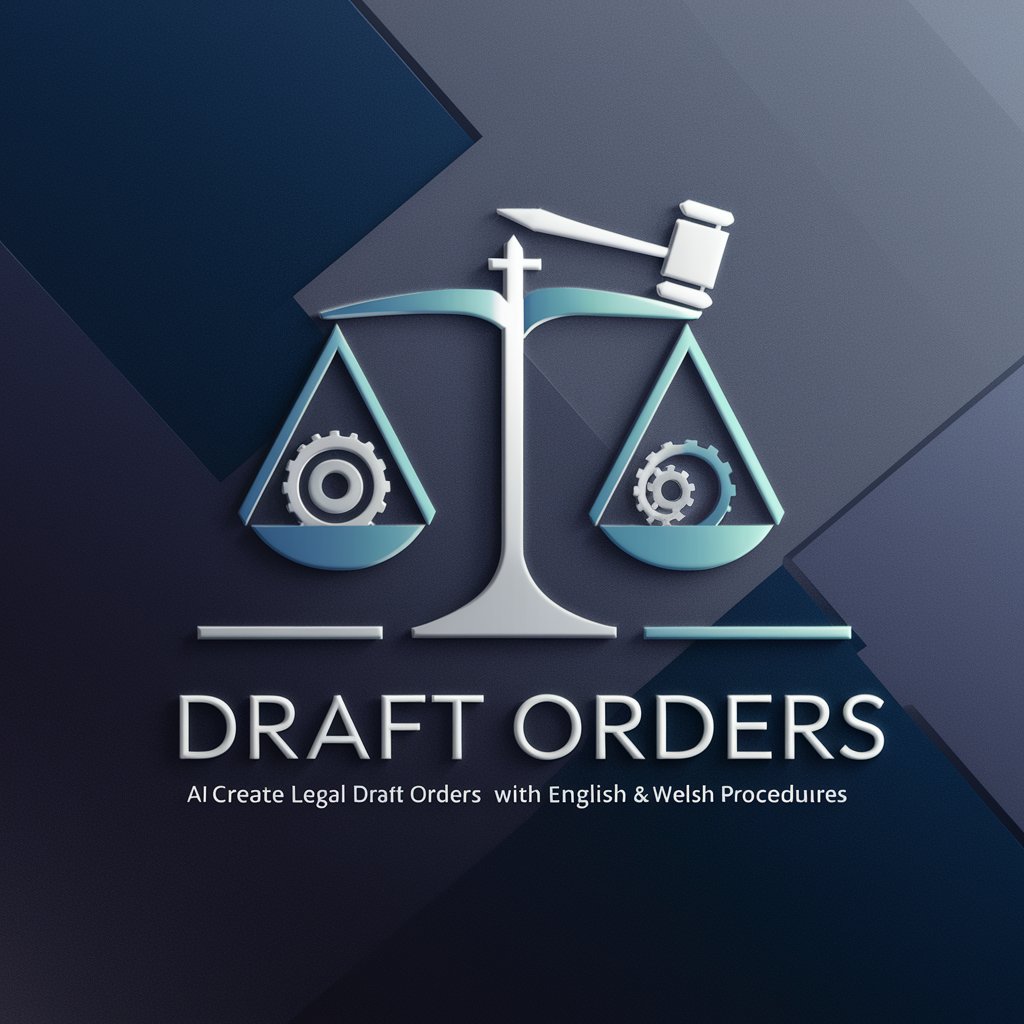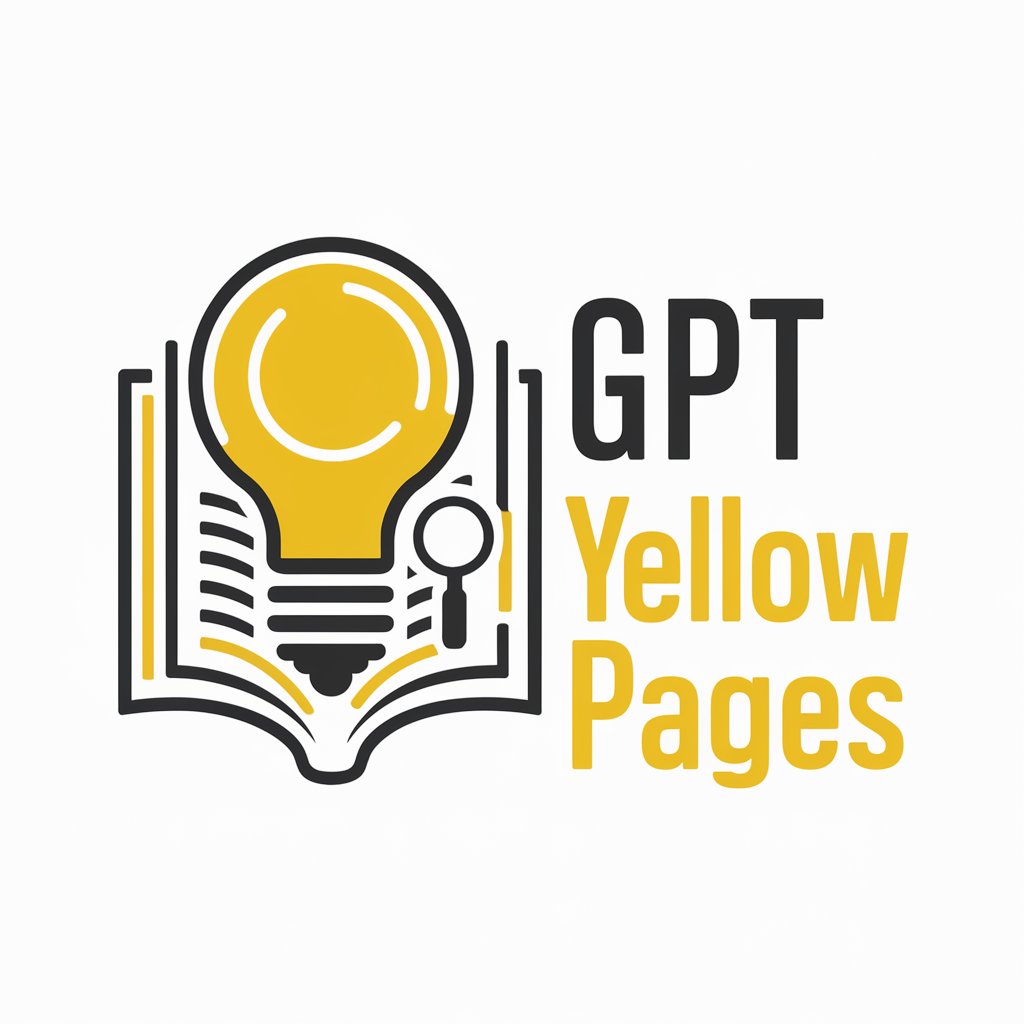
Yellow Book - Audit Standards Guide

Welcome! How can I assist with Government Auditing Standards today?
Empowering Transparent Auditing
Describe how Government Auditing Standards ensure accountability in public programs.
Explain the significance of independence in auditing as per the Yellow Book.
Discuss the role of professional judgment in Government Auditing Standards.
Outline the ethical principles outlined in the Government Auditing Standards.
Get Embed Code
Introduction to Yellow Book
The 'Yellow Book,' officially known as the Government Auditing Standards, provides a comprehensive framework for conducting high-quality audits with competence, integrity, objectivity, and independence in the public sector. It serves as a crucial guide for auditors to ensure accountability and improve government operations and services. The standards are essential for maintaining transparency and accountability of government programs and their management, ensuring that they operate effectively, efficiently, economically, ethically, and equitably. Powered by ChatGPT-4o。

Main Functions of the Yellow Book
Setting Standards for Audits
Example
The Yellow Book outlines standards for different types of audits, including financial audits, attestation engagements, and performance audits.
Scenario
An auditor assessing a government agency's financial statements to ensure they are presented fairly according to the recognized criteria.
Providing Guidance on Professional Conduct
Example
The Yellow Book includes guidelines on ethics, independence, and professional judgment to guide auditors in maintaining high standards of professional conduct.
Scenario
An audit team evaluating their independence in relation to a non-audit service provided to an audited entity to ensure objectivity in their audit report.
Promoting Transparency and Accountability
Example
Mandating detailed reporting on audit findings related to government programs, including compliance with laws and regulations.
Scenario
A performance audit reports on a federal program's effectiveness in meeting its objectives, including any legal or regulatory compliance issues.
Ideal Users of Yellow Book Services
Government Auditors
Auditors within government agencies who need to adhere to high standards of accountability and transparency in public sector auditing.
CPA Firms Contracted by Government Entities
Certified Public Accounting firms that engage in audits of government entities and must comply with the rigorous standards set out by the Yellow Book to ensure the reliability of their audit results.
Federal Inspectors General
Inspectors General offices within federal agencies use the Yellow Book to guide audits and investigations to assure compliance with laws and regulations and to promote efficiency and effectiveness in government operations.

Steps to Utilize the Yellow Book
Step 1
Access a free trial without needing to login or subscribe to ChatGPT Plus at yeschat.ai.
Step 2
Familiarize yourself with the Government Auditing Standards outlined in the Yellow Book to understand the ethical, legal, and professional frameworks applicable.
Step 3
Identify the type of engagement (financial audits, attestation engagements, performance audits) applicable to your needs as defined in the Yellow Book.
Step 4
Apply the appropriate standards from the Yellow Book to ensure compliance, transparency, and quality in your auditing processes.
Step 5
Use the examples and application guidance provided in the Yellow Book to adapt the standards to your specific circumstances and auditing objectives.
Try other advanced and practical GPTs
iam: Indian Cuisine Explorer
Savor India with AI-Powered Guidance

Indian Recipes
AI-powered Authentic Indian Cooking

Trail Guide
Explore nature, guided by AI

Trail Guide
Explore Smartly with AI-Powered Trails

Draft Orders
AI-powered Legal Drafting Tool

Draft Master
Enhancing strategy with AI precision.

What Yellowstone Character Am I?
Discover Your Inner Yellowstone

Yellow Pages Ai by Newtons.Ai
Locate, Connect, Thrive

Turn me Yellow - Simpsonize My Portrait
Animate your portrait with AI!

YellowMe
Turn your photos into cartoon classics!

GPT Yellow Pages
Your AI Matchmaker, Powered by AI

Unix Shell Pro
Elevate your Unix game with AI-powered assistance.

Detailed Q&A about the Yellow Book
What are Government Auditing Standards?
Government Auditing Standards, also known as the Yellow Book, provide a framework for conducting high-quality audits of government organizations with competence, integrity, objectivity, and independence.
How are the Government Auditing Standards structured?
The Yellow Book is structured into chapters that cover general requirements, ethical principles, the audit process, and specific guidelines for different types of audits such as financial and performance audits.
Can the Yellow Book be used for non-governmental audits?
Yes, while the Yellow Book is designed for governmental audits, its principles can be applied to non-governmental organizations that require high standards of accountability and transparency.
What are the key principles emphasized in the Yellow Book?
The key principles include maintaining independence, exercising professional judgment, and ensuring thorough documentation and evidence collection to support audit findings and conclusions.
How does the Yellow Book ensure quality in auditing?
The Yellow Book includes standards for quality control and peer reviews to ensure that audits are performed to a high standard and audit results are reliable and credible.





